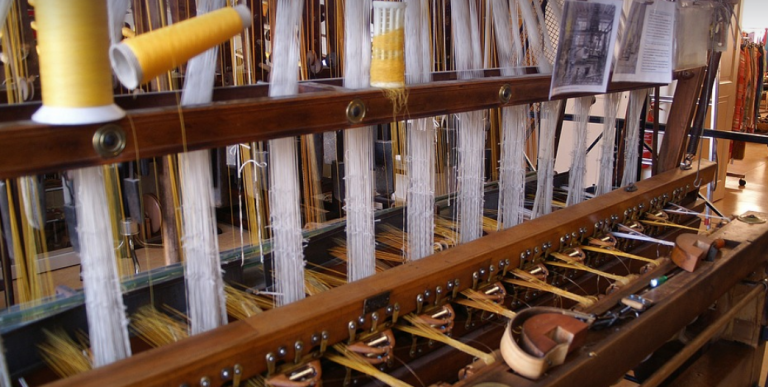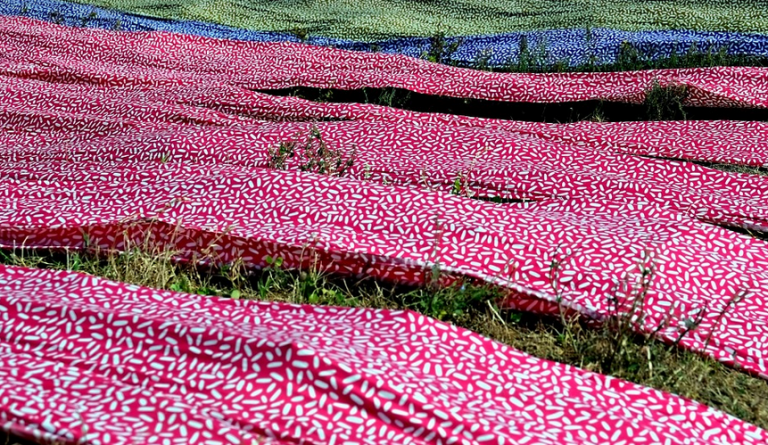
What Are Rabbis and How Do They Relate to Sacks?
Alright, let’s dive into the fascinating world of “rabbi sacks” as we explore a specific area within Jewish thought and practice. You might be thinking, “Wait a minute, what’s a rabbi sack?” Let me explain. It’s all about understanding how rabbis can contribute to the study and interpretation of parsha.
Think of parsha as the core text for each week in Jewish tradition. It’s the narrative that tells us about Moses receiving the Torah, the story of creation and the Israelites’ journey through the desert, and ultimately, their relationship with God. Now, rabbis aren’t just reading these stories; they’re using them to teach, inspire, and connect with the community.
Rabbis use these parsha narratives as tools for spiritual growth and connection. They go beyond simply reciting the text—they delve into its deeper meaning, exploring the themes of faith, freedom, justice, and compassion.
“Sacks” in this context refer to the traditional interpretations and commentary that rabbis offer on parsha. These sacks are often presented through sermons, lectures, or even informal discussions within Jewish communities. They’re not just about delivering literal explanations; they’re about provoking thought, understanding the text through a spiritual lens, and sparking meaningful conversations.
But let me tell you, rabbis aren’t just stuck in the past. They connect parsha with modern life, exploring how its timeless messages can be applied to our contemporary world.
Think about a parsha narrative that deals with justice for the marginalized; a rabbi might use it as a springboard to discuss current social issues and advocate for equal opportunity.
Rabbis are also vital in providing context and clarity on complex parsha themes, particularly when dealing with difficult passages. They may offer alternative interpretations or delve into challenging historical circumstances that illuminate the text’s meaning within specific cultural contexts.
It’s important to remember that “rabbi sacks” aren’t about literal boxes filled with explanations; it’s about exploring the layers of meaning and understanding these stories through a spiritual lens. It’s a collaborative process, where rabbis work alongside their communities.
So next time you encounter the words “rabbi sack” or “parsha”, remember that it’s about more than just reading a text—it’s about engaging with its deeper meaning and applying those insights to our lives.
What Makes Rabbis Sacking on Parasha So Important?
The impact of “rabbi sacks” goes far beyond the weekly Torah portion. It’s woven into the fabric of Jewish life as a powerful force in shaping individual lives, communities and even the broader world.
Rabbis’ interpretations of parsha are vital for our understanding of Judaism. They can be especially insightful when discussing complex teachings or challenging ethical questions. These perspectives provide context and deepen our grasp of these ancient narratives.
There’s an added layer to this impact. The spiritual insights and historical knowledge that rabbis offer through these “sacks” help us navigate the complexities of Jewish life and practice, fostering a sense of connection with our heritage and guiding us toward ethical actions in daily living.
Rabbi sacks also play a crucial role in shaping future generations of Jews. By sharing their understanding and interpretations of parsha, rabbis help perpetuate these stories for generations to come. This allows traditions to be passed down through the ages, ensuring that Jewish culture continues to thrive and flourish.
Rabbis: The Architects of Meaning
Rabbis don’t just interpret; they build meaning. As we delve into parsha, their interpretations are not mere words on a page but rather powerful tools for understanding and applying spiritual principles to our lives.
These “sacks” offer more than just concrete explanations; it’s about encouraging reflection and deeper engagement with the text. It’s about questioning what we’re taught and why, leading us towards a deeper connection with Jewish tradition.
In essence, “rabbi sacks” are a testament to the power of Jewish thought and interpretation that goes beyond simply understanding the words in parsha. They highlight how these traditions provide enduring guidance for navigating life’s complexities and finding meaning in our individual journeys.
A Deeper Look at The Impact of Rabbi Sacking
The impact of “rabbi sacks” on Jewish communities extends far beyond the traditional interpretation of parsha. These interpretations play a vital role in shaping individuals, fostering community, and inspiring action.
Beyond providing deeper understanding, “sacks” encourage community engagement by offering a platform for discussion and reflection. When these insights are shared with others, it fosters connection, allowing individuals to learn from one another, challenge their own perspectives, and deepen their relationship with Jewish tradition.
Furthermore, the influence of “rabbi sacks” extends beyond the individual level. These interpretations play a significant role in shaping social action within communities. When we delve into parsha’s ethical teachings and contemporary challenges, it inspires individuals to engage in social justice, advocate for marginalized groups, and create positive change in their world.
Rabbi Sacking: An Ongoing Journey of Discovery
The journey of understanding parsha through “rabbi sacks” is an ongoing one. As we delve deeper into these narratives, our perspectives evolve. It’s a process that requires continuous exploration, challenging assumptions, and expanding our understanding of the text.
Ultimately, “rabbi sacks” offer a unique window into Jewish traditions, serving as guides for spiritual growth and community engagement. The insights they provide help us navigate life’s complexities, connect with our heritage, and find meaning in our own lives.
In essence, “rabbi sacks” are more than just interpretations—they’re opportunities to reconnect with the deeper meaning of parsha and explore its timeless wisdom within a dynamic and ever-evolving Jewish tradition.


